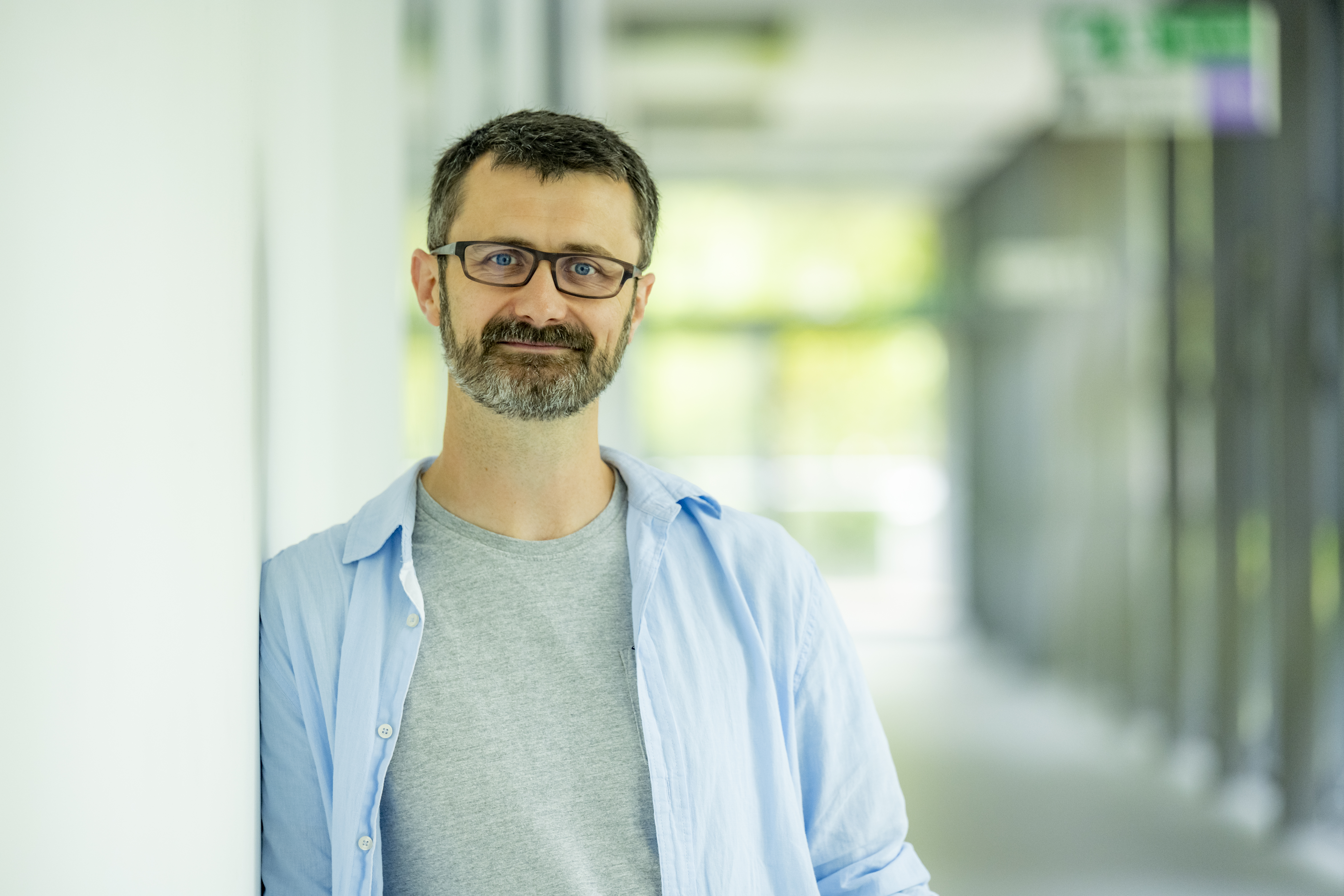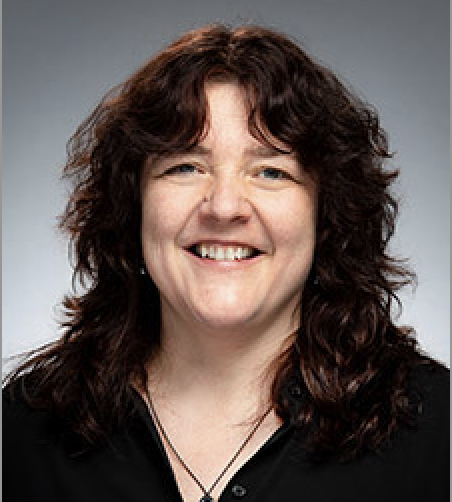Keynotes
Research Software Engineers: where it started and where it’s going

The concept for Research Software Engineers came from a discussion at a workshop. In only 12 years, it has grown into a career path and a self-sustaining movement that has spanned the globe. In this talk, I will look at the history of the RSE campaign and explain why I think the campaign was successful. I will move onto what excites me most about today’s RSE community: the way in which it is helping to change research culture from focussing not just on collecting results, but on collecting reliable and reproducible results. The impetus for this change comes from RSE’s contributions to the arguments around how we define “success” in research. RSE has had a huge, positive impact on this debate by proving that if we don’t recognise everyone who is vital to research, we limit our ability to conduct research. I’ll end with some thoughts on tomorrow’s research and the inevitable and hugely welcome growth of non-traditional research roles.
Simon Hettrick
Professor Simon Hettrick is Director of Strategy at the Software Sustainability Institute and a Director of the Southampton Research Software Group.
Simon is a passionate advocate for Research Software Engineers. He orchestrated a campaign to gain recognition for this community, which grew from a handful of people to an international community numbering in the tens of thousands. Presenting the opening talk to a couple of hundred newly-minted RSEs at the first ever RSE Conference in 2016 is his fondest memory from his entire career. He was the founding chair of the UK’s Association of Research Software Engineers and a founding Trustee of the Society of Research Software Engineering.
He works with stakeholders from across the research community to develop policies that support research software, the people who develop that software and the researchers who rely on it. Simon’s research focuses on the use of software in the research community with the aim of understanding practices and demographics. In this role, he conducted the first study of software reliance in academia.
Simon currently spends much of his time with the Hidden REF campaign. In this role, he campaigns for a research culture that recognises all research outputs and every role that makes research possible.
US-RSE: Together We Grow Strong RSE Careers and a Thriving Community

In recent years, the scientific community has increasingly acknowledged the essential contributions of Research Software Engineers (RSEs) to accelerating scientific discovery. This recognition has led to significant advancements, including the establishment of numerous RSE associations worldwide. While these developments are encouraging, there remains the need for well-defined career paths and incentives to fully support RSEs and their vital role in research.
To address this challenge, a multifaceted approach is crucial. This talk will explore how the US-RSE community is working to meet RSEs, researchers, and educators where they are, fostering a collaborative environment that supports the growth of RSE careers and the development of a thriving RSE community. We will discuss the critical role of RSEs in driving research and computational activities, as well as the importance of advocating for a cultural shift that values and recognizes the contributions of RSEs. We promote equity and belonging within the RSE community to ensure that everyone has equal opportunities to succeed. Looking ahead, we are committed to expand our collaborations and strengthen partnerships with academic institutions, national laboratories, industry and funding bodies to create new opportunities for RSEs.
By working together and growing our financial sustainability as an organization, we can create a future where RSEs are valued and empowered to make a significant impact on scientific research.
Sandra Gesing
Sandra Gesing is the inaugural Executive Director of the US Research Software Engineer Association (US-RSE) and a Senior Researcher at the San Diego Supercomputer Center (SDSC). Her research focuses on science gateways, computational workflows as well as distributed and parallel computing. She is especially interested in sustainability of research software, usability of computational methods and reproducibility of research results. Sustainability of research software has many facets and she advocates for improving career paths for research software engineers and for incentivizing their work via means beyond the traditional academic rewarding system. Before her positions at US-RSE and SDSC, she was a senior research scientist at the Discovery Partners Institute (DPI), University of Illinois System, Chicago and she was an associate research professor at the University of Notre Dame, Indiana, US. Before she moved to the US, she was a research associate at the University of Edinburgh, UK, and at the University of Tübingen, Germany. Additionally, she has perennial experience as a project manager and system developer in industry in the US and Germany. As head of a system programmer group, she led long-term software projects. She received her Master’s degree in computer science from extramural studies at the FernUniversität Hagen, Germany, and her PhD in computer science from the University of Tübingen, Germany. More details can be found at http://sandra-gesing.com/.